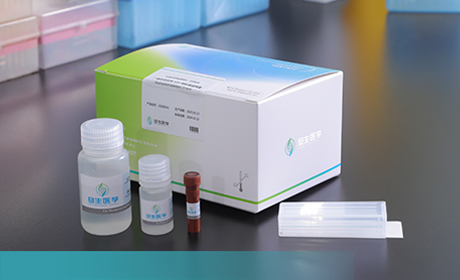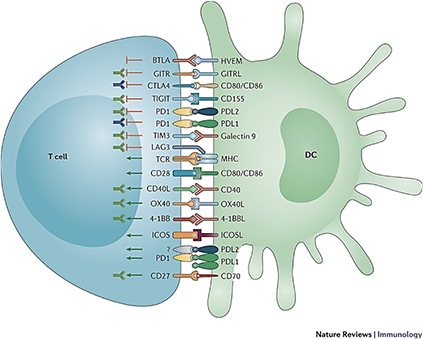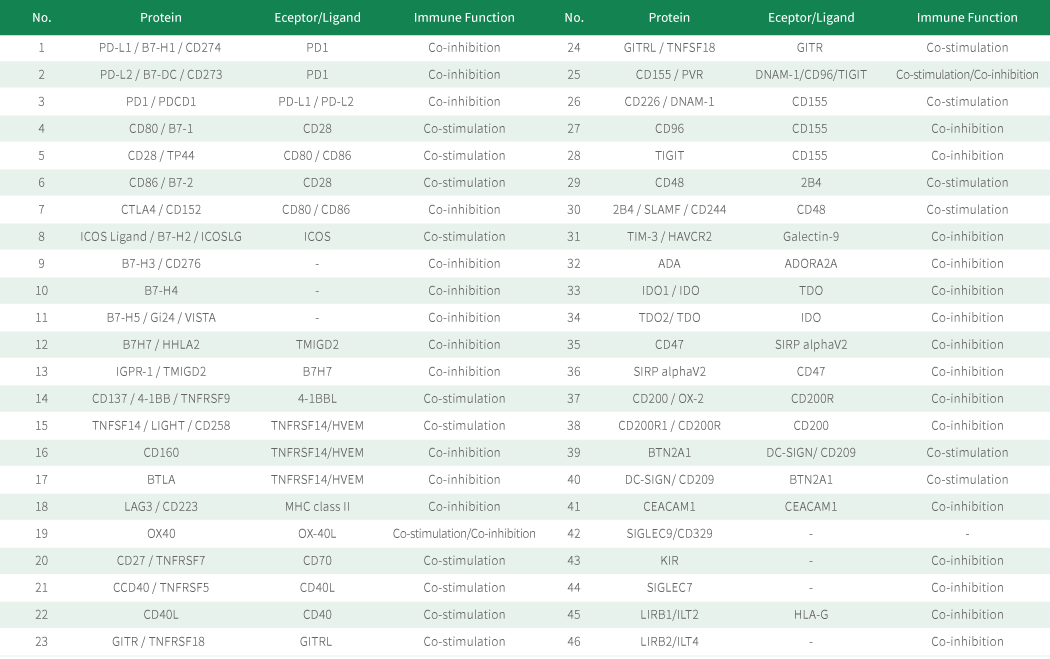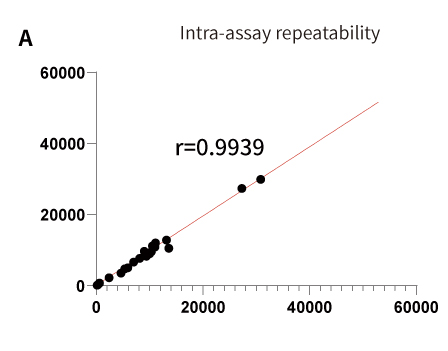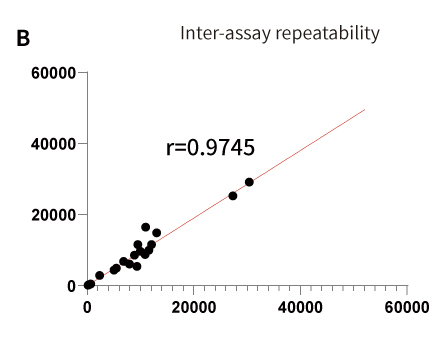Immune checkpoints are a mechanism evolved by humans to control the intensity and duration of immune responses, minimizing excessive inflammatory reactions and autoimmune diseases caused by overly active immune responses. Compared to traditional treatment methods such as radiotherapy and chemotherapy, immunotherapy is increasingly being used in cancer treatment due to its low toxicity and side effects on normal cells. The immune checkpoint protein chip covers 46 biologically active immune checkpoint proteins and corresponding positive and negative controls, enabling research and applications such as screening for immune checkpoint antibodies, analyzing antibody specificity and cross-reactivity, detecting autoantibodies in clinical samples (such as serum, plasma, and cerebrospinal fluid), measuring the concentration of immune checkpoint antibody drugs, and identifying biomarkers for immunotherapy. Additionally, this chip can detect antibody subtypes such as IgM, IgG, IgG1-4, IgA, and IgA1-2.
